Let’s just say it—you might not be a dog person.
And guess what? That doesn’t make you a monster. It makes you human.
Not everyone dreams of slobbery kisses, 6 a.m. walks, or tumbleweeds of fur rolling across the living room. While the world may shout “dogs are the best!” from every rooftop, you’re quietly wondering how anyone enjoys being followed into the bathroom.
Maybe you cringe at barking. Maybe you like your space. Maybe you just… don’t get the hype.
That’s okay. Seriously. You don’t have to love dogs to be a good person.
These 15 signs will help you see the truth—and maybe breathe a little easier knowing you’re not alone.
You Prefer Cats
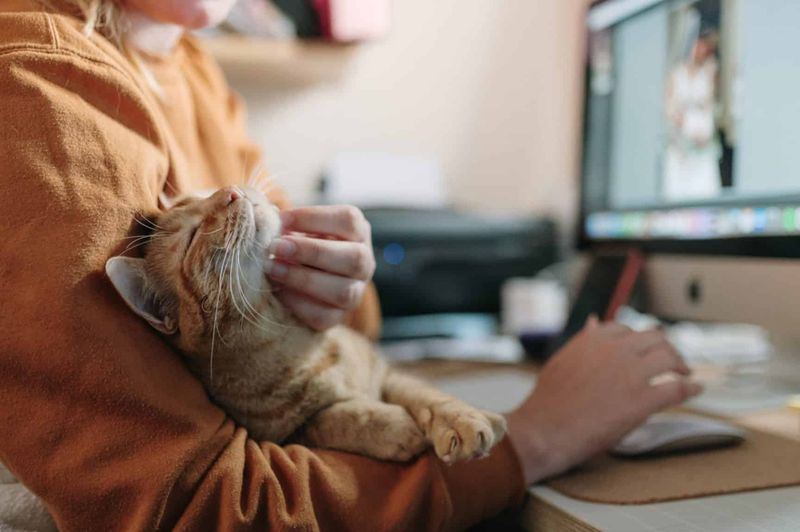
Cats have a mysterious allure that captivates many. If you find yourself drawn to their independent nature, you’re not alone. Cats offer companionship without the demand for constant attention.
Their purring can be a soothing background, a gentle reminder of their presence. If you prefer the soft meows over barking, it’s a clear indicator of your affinity.
Cats require less maintenance and can be left alone for longer periods, fitting well with a busy lifestyle. The love for cats is not a betrayal to dogs; it’s simply a preference.
Allergies Act Up

Sneezing, itching, and watery eyes are clear signs that your body might not harmonize with dogs. Allergies can make the presence of a furry friend more of a challenge than a joy.
It’s not just the fur; dander can linger and trigger unwanted reactions. Prioritizing health over companionship is a choice many face.
Seeking hypoallergenic breeds may work, but if symptoms persist, it’s okay to recognize that dogs might not be your best match. Health should always come first, and that’s perfectly okay.
Noise Sensitivity

The sound of barking can be distressing if you cherish silence. Dogs, no matter how well-trained, express themselves vocally.
If the noise disrupts your peace, it might be a sign that a quieter pet is more suitable. The tranquility of a silent room has its own charm, something barking might disturb.
Embracing your preference for quiet allows you to seek joy elsewhere, perhaps in a pet that chirps softly or purrs gently.
Busy Lifestyle

Dogs thrive on attention, walks, and interaction. A lifestyle filled with back-to-back meetings and commitments might leave little room for canine care.
The demands of a busy schedule can conflict with the responsibilities of dog ownership. Recognizing this mismatch is crucial in making a responsible choice.
Choosing not to have a dog due to time constraints is a mature decision, aligning with the notion of providing the best environment for a pet.
Fear of Dogs
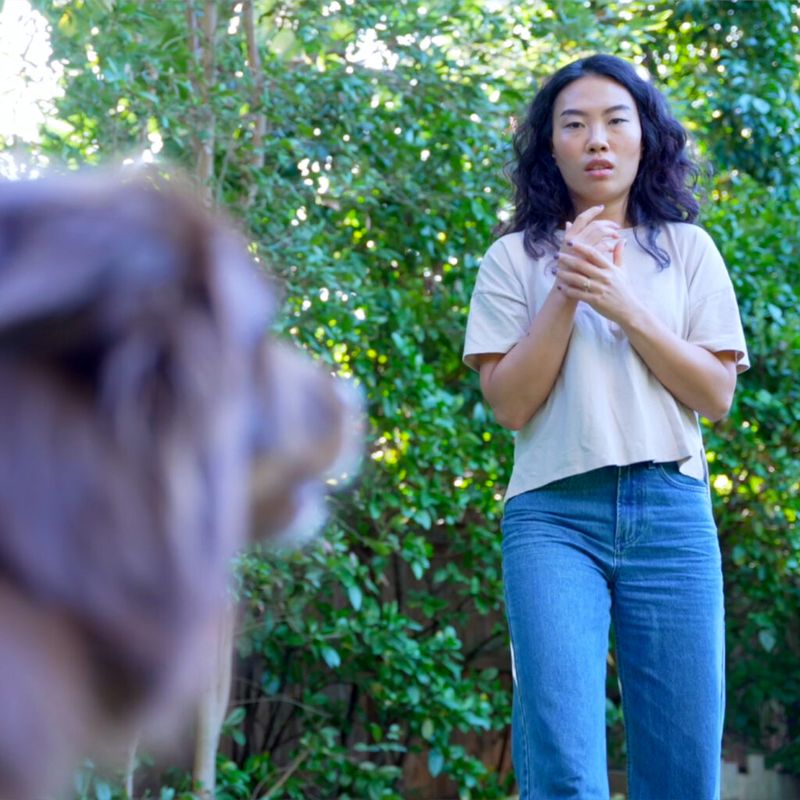
Some fears are irrational, while others stem from past experiences. If dogs make you uneasy, it’s a valid feeling that deserves attention.
Overcoming fear is possible, but it’s okay if you choose not to. Personal safety and comfort should never be compromised.
Understanding this fear can guide you to explore other companions that bring joy without anxiety. Your well-being is paramount, and it’s perfectly fine to acknowledge these feelings.
Preference for Cleanliness
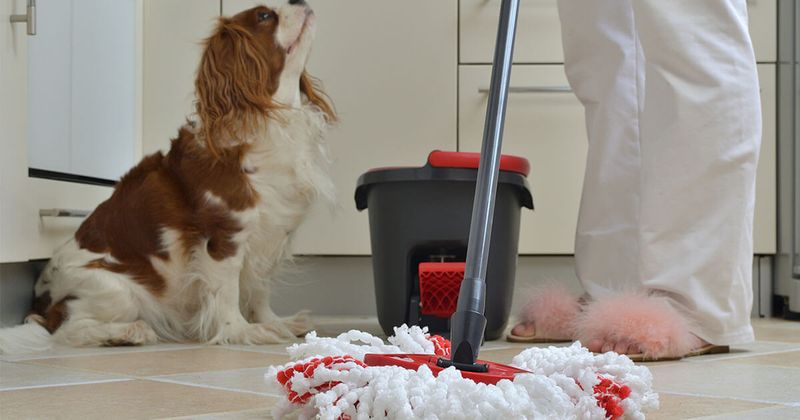
Tidy spaces can be disrupted by playful pups. If cleanliness is your priority, the potential mess from a dog might be a concern.
Dogs shed, track dirt, and sometimes have accidents, challenging a neat environment. Enjoying a clean home doesn’t make you less of an animal lover.
You might find your perfect match in a pet that requires less cleaning, maintaining the harmony of your pristine abode.
Travel Enthusiast
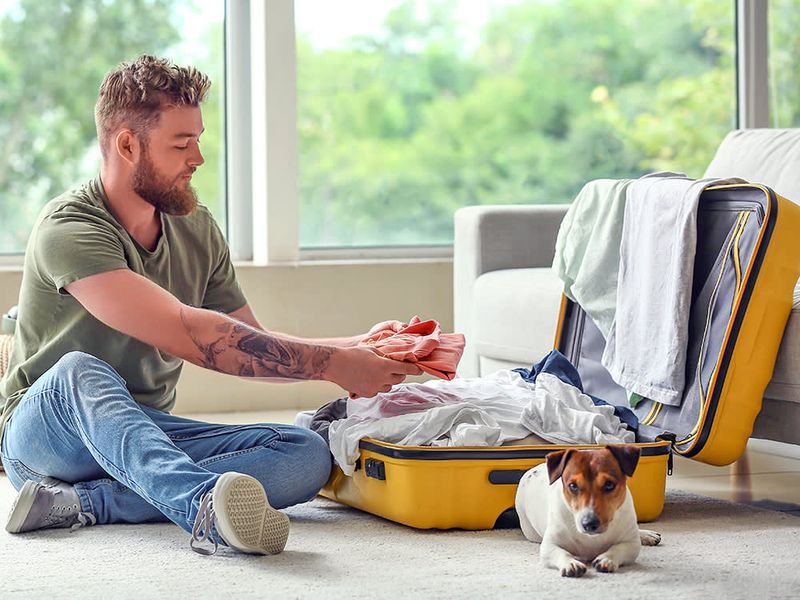
Wanderlust and dog ownership might not always align. If you’re constantly on the move, having a furry companion could complicate travel plans.
Finding pet-friendly accommodations or arranging care during trips can be daunting. The freedom of spontaneous travel is alluring, often hindered by the responsibilities of a pet.
Embracing the travel bug without a canine companion is a choice that opens the world to endless adventures.
Dislike for Exercise

Dogs love walks, but if the thought of daily exercise is unappealing, a dog might not be your best companion. Active dogs need regular exercise to stay healthy and happy.
Preferring a sedentary lifestyle doesn’t align with the energetic demands of a dog. Instead, indulge in activities that bring joy without the need for a leash.
Opting for a pet that matches your pace ensures a fulfilling relationship without compromise.
Limited Living Space

Urban living often means limited space, posing challenges for dog owners. Large dogs in small apartments can lead to discomfort for both owner and pet.
Recognizing spatial constraints helps in making an informed decision about pet ownership. Small spaces might suit smaller pets better, ensuring harmony in home life.
Choosing a pet that fits your living environment is a responsible and kind decision, ensuring comfort for everyone involved.
Preference for Sleep
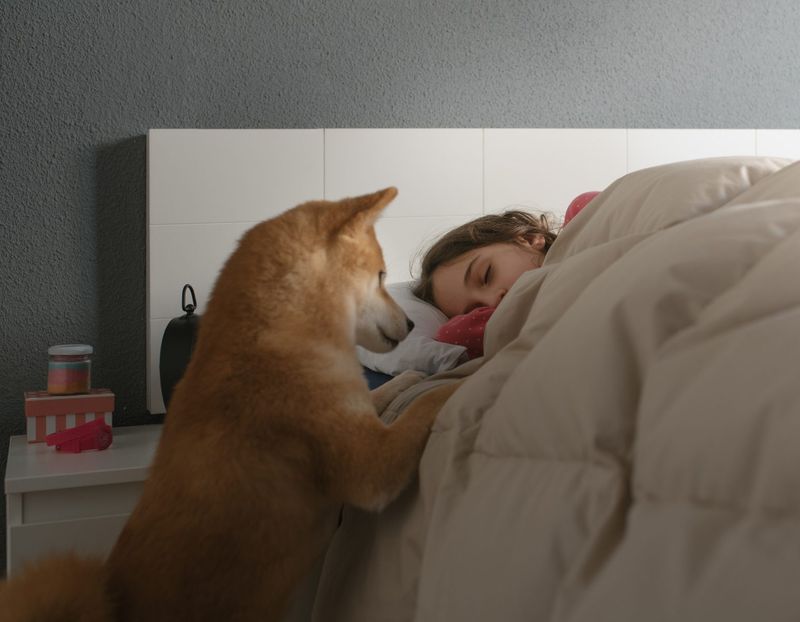
Sleep is sacred, and dogs often have different rhythms that might disturb a restful night. If you treasure uninterrupted slumber, a dog’s nocturnal activities might pose a challenge.
While some dogs adapt, others might need midnight attention or early morning walks. Prioritizing sleep doesn’t diminish your love for animals.
A pet that aligns with your sleep schedule can sustain harmony, ensuring your nights remain calm and restful.
Not a Fan of Chewing

Puppies explore the world through chewing, a habit not everyone finds endearing. If the sight of gnawed furniture or shoes fills you with dread, a dog might not be your ideal pet.
Chewing is natural, yet destructive behaviors can be frustrating. Choosing a pet that doesn’t gnaw on your possessions ensures a stress-free environment.
Understanding this preference is key to finding a companion that fits seamlessly into your life without added worry.
Budget Constraints
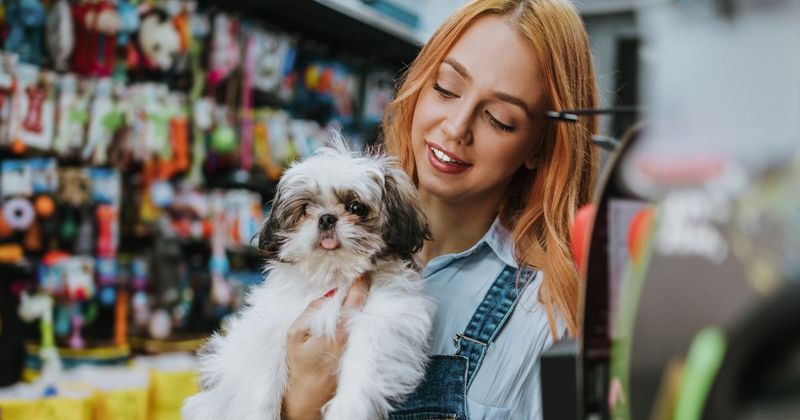
Dogs can be expensive, with costs for food, vet visits, and accessories adding up quickly. A limited budget might not support the financial demands of a canine friend.
Understanding these commitments helps in making realistic decisions about pet ownership. Budget constraints don’t reflect affection, but rather a practical approach to caring for a pet.
Finding a pet that aligns with financial realities ensures responsible and sustainable companionship.
Enjoyment of Quiet Time
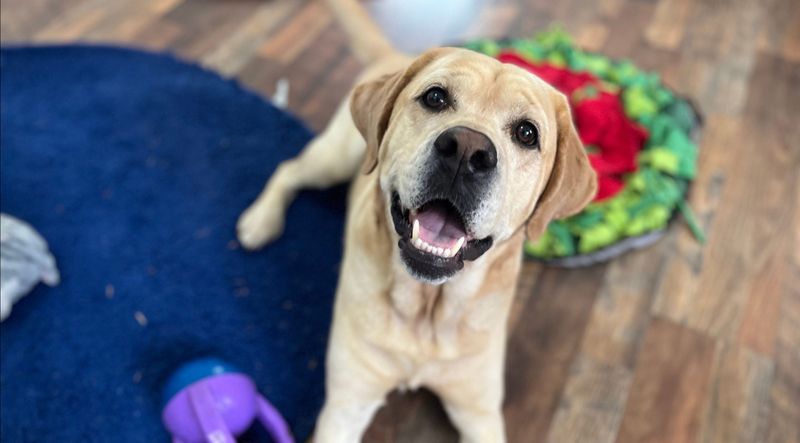
Quiet moments are precious, and dogs, with their playful nature, might interrupt those peaceful times. If solitude and tranquility are what you cherish, a dog’s need for interaction might clash with your lifestyle.
Finding joy in quieter activities doesn’t lessen your appreciation for animals. A pet that enjoys solitude might suit you better, offering companionship without constant demands.
Respecting your preference for quiet time leads to a fulfilling life with the right pet by your side.
Preference for Other Pets
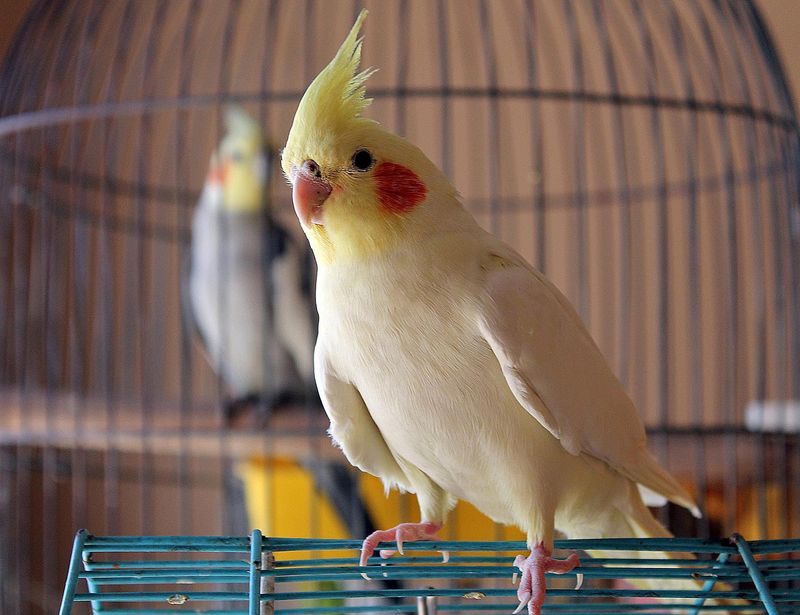
The animal kingdom offers a diverse array of companions, each with unique traits. If birds, fish, or reptiles intrigue you more than dogs, it’s simply a matter of preference.
Enjoying different species highlights your appreciation for variety in animal companionship. Exploring other pets can lead to rewarding relationships tailored to your lifestyle.
Understanding and acknowledging this preference opens the door to endless possibilities beyond canine connection.
Non-committal Lifestyle

Freedom and flexibility are often at odds with the commitment that comes with dog ownership. If you value spontaneity, the responsibilities of a pet might not suit your current lifestyle.
Recognizing a non-committal phase allows for exploration without the added responsibility of caring for a dog. Enjoying life without constraints is appealing, leading to growth and experiences.
Embracing this lifestyle ensures that when you are ready for a pet, you can provide a loving, stable environment.

